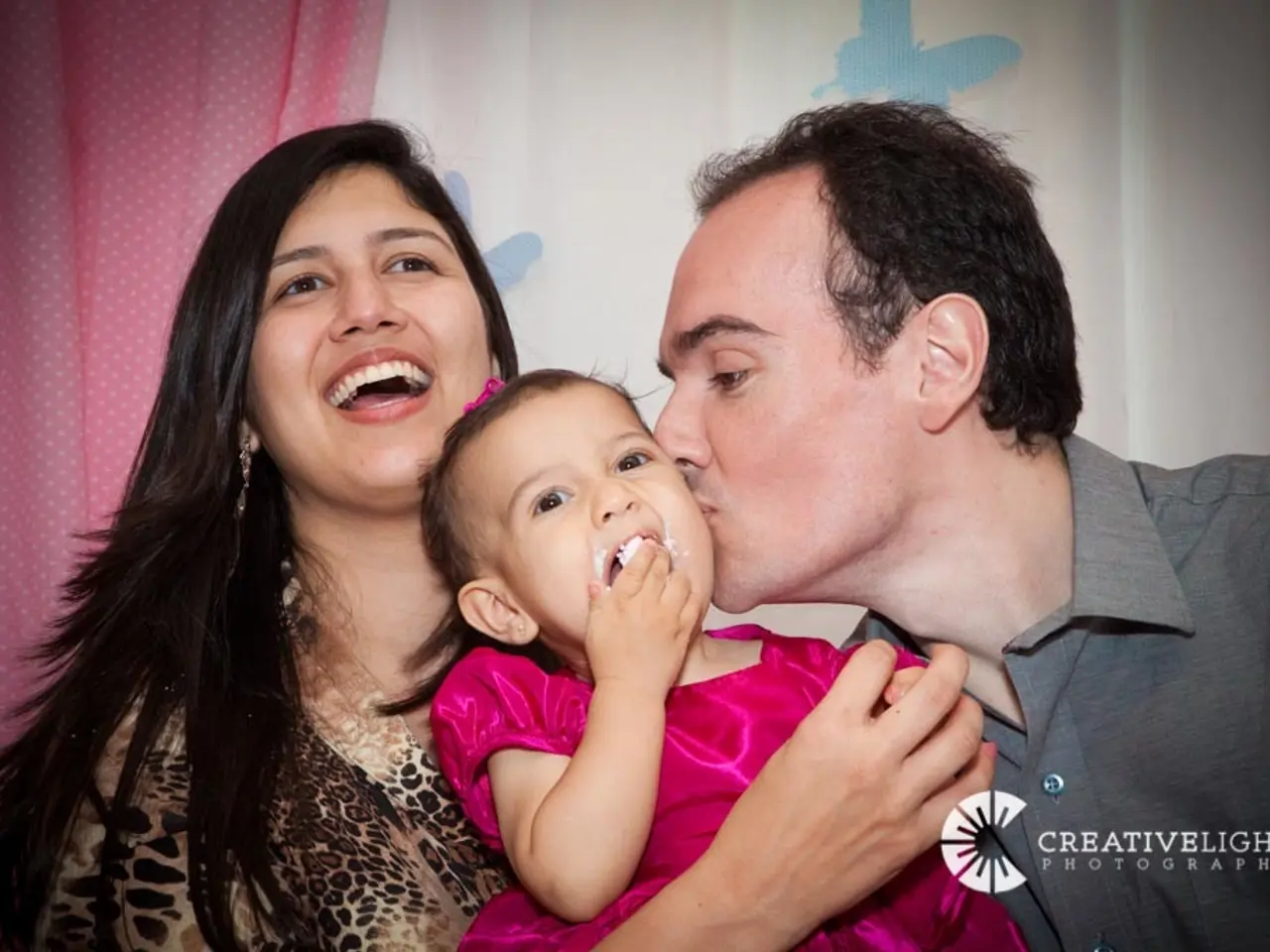Overseeing and addressing seizure-induced high blood pressure complications in pregnancy, known as eclampsia
Eclampsia: Understanding a Potentially Life-Threatening Pregnancy Complication
Eclampsia is a severe and potentially life-threatening condition that can develop during and after pregnancy. It is characterized by the onset of seizures in a woman with preeclampsia, a condition that causes a sudden rise in blood pressure and damage to organs such as the liver and kidneys.
Causes
The exact causes of eclampsia are not fully understood, but it is believed to involve problems with the placenta, blood vessels, or immune system. Underlying maternal conditions such as kidney disease or diabetes can also increase vulnerability to eclampsia.
Risk Factors
Major risk factors for eclampsia include high blood pressure before or during pregnancy, first-time pregnancy, multiple pregnancies (twins, triplets), history of preeclampsia or eclampsia, kidney disease, diabetes, extremes of maternal age (teenage or over 35), and family history of these conditions.
Symptoms
Eclampsia presents with several symptoms, the most notable of which is seizures or convulsions. Other symptoms include severe headaches, visual disturbances such as blurred vision or light sensitivity, swelling of hands, face, or feet, upper right abdominal pain, sudden weight gain, and confusion or loss of consciousness.
Treatment
Immediate management of seizures with intravenous magnesium sulfate, which is the preferred anticonvulsant, is crucial. Control of high blood pressure using antihypertensives is also necessary. The maternal condition must be stabilized in hospital with careful monitoring of vital signs, fetal well-being, and laboratory tests. Prompt delivery of the baby, once the mother is stabilized, is the definitive treatment. Supportive care for organ system complications, such as kidney or liver failure, is also provided.
Prevention
Early and regular prenatal care to monitor and manage blood pressure and proteinuria, identifying high-risk women for closer surveillance, and educating women about symptoms and the need for urgent care if warning signs occur are key to preventing eclampsia. In some cases, the use of low-dose aspirin starting in early pregnancy may reduce the risk in high-risk women.
Postnatal Care
Postnatal care is crucial because complications and life-threatening events related to eclampsia can persist or arise after delivery. Continued monitoring of blood pressure and signs of preeclampsia/eclampsia postpartum, patient education before discharge on early warning symptoms, including signs of mental health conditions, a comprehensive postpartum visit to evaluate recovery and any ongoing complications, and coordination among care providers and ensuring a support person is involved for care and education are all essential components of postnatal care.
In summary, eclampsia is caused by underlying placental and vascular abnormalities, precipitated by preeclampsia-related hypertension; treated primarily by seizure control and prompt delivery; prevented by early identification and management of risk factors; and requires vigilant postnatal follow-up for maternal safety.
Hypertension during pregnancy can lead to preeclampsia, a condition that increases the risk of eclampsia, a potentially life-threatening complication involving seizures. Pregnancy-related chronic diseases, such as epilepsy seizures, might also pose challenges during childbirth.
Medical conditions like autoimmune disorders, digestive health issues, hearing problems, skin conditions, mental health concerns, and men's health issues can, in some cases, impact pregnancy outcomes. Women expecting should inform their healthcare providers about their medical history to ensure proper prenatal care.
Science keeps evolving to discover treatments for various diseases, such as cancers or respiratory conditions, which might affect women during their child-bearing years. Women's health encompasses a myriad of aspects, including cardiovascular health, eye health, and skin-care.
In the workplace-wellness context, employers can facilitate resources and therapies-and-treatments for managing chronic diseases to improve employee productivity. Medicare programs can provide essential healthcare coverage for expectant mothers and those managing health-and-wellness challenges postpartum.
CBD, a popular wellness product, has shown potential benefits for various conditions, including neurological disorders, but further research is needed to fully understand its effects. Expectant mothers should consult their healthcare providers before using CBD or any complementary therapies during pregnancy.
Women's health involves not just physical but also mental well-being. Mental health conditions, such as anxiety and depression, require careful management to ensure maternal safety, particularly during pregnancy and the postpartum period.
Postnatal care for mothers with a history of eclampsia warrants close monitoring of physiological parameters and ongoing support from loved ones. In some cases, early warning symptoms, including headaches or visual disturbances, might signify a recurrence of preeclampsia or eclampsia.
Care providers can coordinate postnatal follow-up visits to assess the mother's recovery from eclampsia and address any persistent symptoms or complications. This vigilant approach to postnatal care is crucial in safeguarding the well-being of mothers who have experienced eclampsia.




